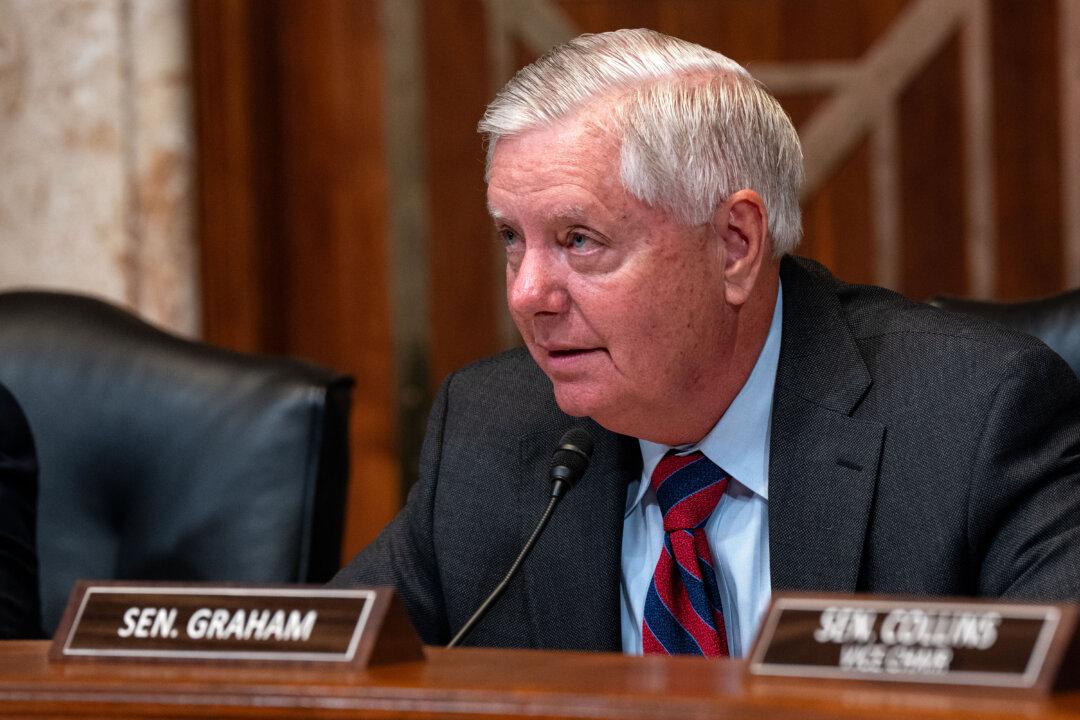WASHINGTON—The Senate and House of Representatives’s Republican Conferences are moving in opposite directions on legislation to turn President Donald Trump’s policy initiatives into law.
For weeks, Republicans in Congress have been discussing the “budget reconciliation process” as a method of passing conservative policy legislation without securing Democratic support in the Senate, where under normal circumstances at least 60 senators need to support a bill to invoke “cloture” and pass it, overcoming a filibuster. Given Republicans’ 53-seat majority, the likelihood of receiving seven Democratic votes is low.





